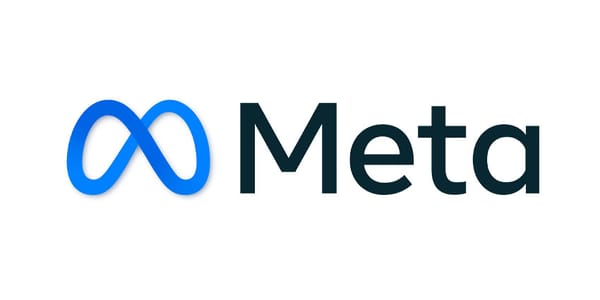Meta & Google’s Secret Ad Campaign: Targeting Minors Revealed
Uncover the alarming truth about Meta and Google’s secret ad campaign targeting minors. Learn about the implications and concerns surrounding this controversial practice

By Luna Lush, Aktel Innovate
In a startling revelation, Meta and Google have been implicated in a covert advertising campaign that allegedly targeted minors on YouTube through Instagram ads. The investigation, led by the Financial Times, uncovers a troubling breach of both companies’ policies designed to protect younger users from targeted advertising.
The Covert Campaign
According to the Financial Times, Meta and Google executed a clandestine operation that deliberately reached 13 to 17-year-olds with Instagram ads while they were watching YouTube. This revelation is significant given that both companies have strict policies prohibiting the targeting of children under 18 for advertising purposes.
The report outlines how Google, in collaboration with Meta, exploited a loophole in its advertising system to target minors. By directing ads to a demographic labeled as “unknown,” Google circumvented its own rules. This category, which theoretically includes users whose age, gender, parental status, or household income are not identified, allowed advertisers to cast a wider net. However, Google’s capability to analyze app downloads and online activity meant that they could, with high confidence, identify this “unknown” group as predominantly younger users.
The campaign, orchestrated by Spark Foundry, a subsidiary of the advertising conglomerate Publicis, initially targeted users in Canada from February to April 2024. Following its success, the campaign was trialed in the United States in May 2024, with plans for international expansion. This push to expand the campaign, amidst declining advertising revenues for Google and Meta’s struggle to retain younger users in the face of rising competition from TikTok, underscores the lengths these tech giants are willing to go to secure their advertising dominance.
Policy Violations and Corporate Response
The revelation is particularly alarming because it exposes a deliberate and systematic effort to breach advertising policies designed to protect minors. Google’s advertising policies, which were updated in 2021, explicitly block ad targeting based on the age, gender, or interests of users under 18. The policy is intended to safeguard younger users from manipulative and inappropriate marketing practices.
In response to the allegations, Google has launched an internal investigation to address the issue. The company has stated, “We prohibit ads being personalized to people under-18, period. We’ll also be taking additional action to reinforce with sales representatives that they must not help advertisers or agencies run campaigns attempting to work around our policies.”
This response, however, has been met with skepticism. Critics argue that Google’s self-investigation might not offer a comprehensive or unbiased account of the situation. There is a growing sentiment that internal investigations often serve as a way to control the narrative and minimize public backlash, rather than addressing the root causes of the problem.
The Broader Implications
The implications of this scandal extend beyond just the immediate breach of advertising policies. It highlights a broader issue of trust and accountability within major tech companies. As these corporations hold significant power over digital advertising and user data, their actions have profound consequences for privacy and consumer protection.
The incident also raises questions about the efficacy of existing regulations and oversight mechanisms. Despite regulatory frameworks intended to protect minors, the ability of tech giants to exploit loopholes and bypass safeguards suggests a need for more robust and transparent oversight. The growing trend of regulatory bodies scrutinizing tech companies' practices reflects increasing public concern over privacy and ethical standards in digital advertising.
Public and Industry Reactions
Public reaction to the scandal has been one of outrage and disbelief. Many view the situation as emblematic of a larger issue where tech giants prioritize profit over ethical considerations. Social media platforms and forums have been abuzz with discussions about the implications of such practices, and calls for stricter regulations and greater corporate accountability are gaining momentum.
In the tech industry, the scandal has prompted discussions about the need for greater transparency and reform. Industry experts argue that this incident underscores the necessity for clear and enforceable guidelines to govern digital advertising practices, especially when it involves vulnerable populations like minors.
Looking Forward
As the investigation into Meta and Google’s actions continues, it remains to be seen what concrete measures will be taken to address the breach and prevent future occurrences. For now, the focus is on holding these companies accountable and ensuring that stricter regulations are put in place to safeguard the interests of younger users.
This scandal serves as a stark reminder of the ethical and regulatory challenges facing the tech industry today. The call for greater oversight and accountability in digital advertising is louder than ever, and it will be crucial for regulatory bodies, industry stakeholders, and the public to collaborate in addressing these critical issues.
The Meta and Google ad targeting scandal is not just a matter of policy violation; it’s a significant moment in the ongoing dialogue about privacy, ethics, and the power dynamics of the digital age. As we move forward, the need for a more transparent and responsible approach to digital advertising becomes increasingly clear




